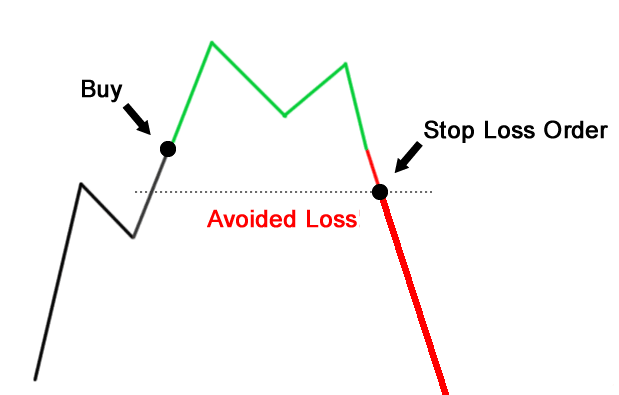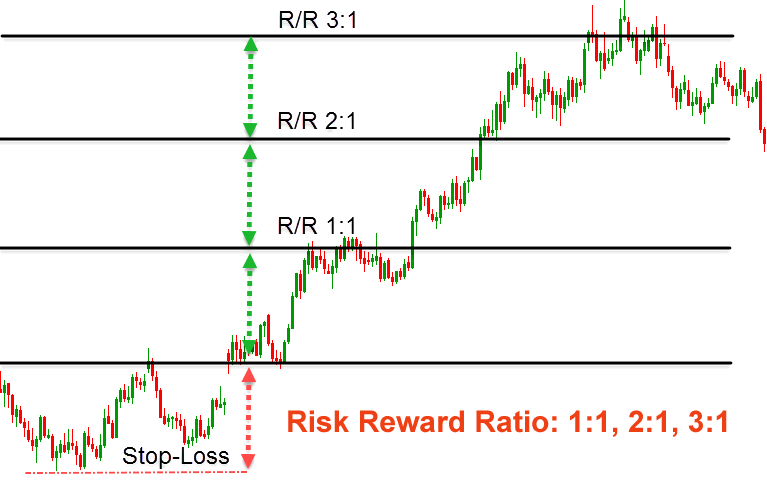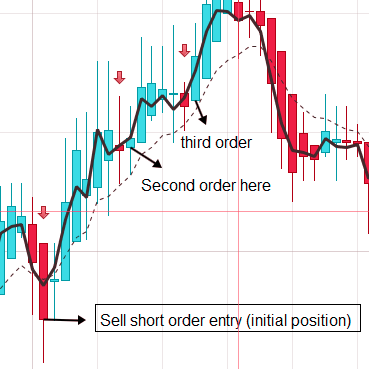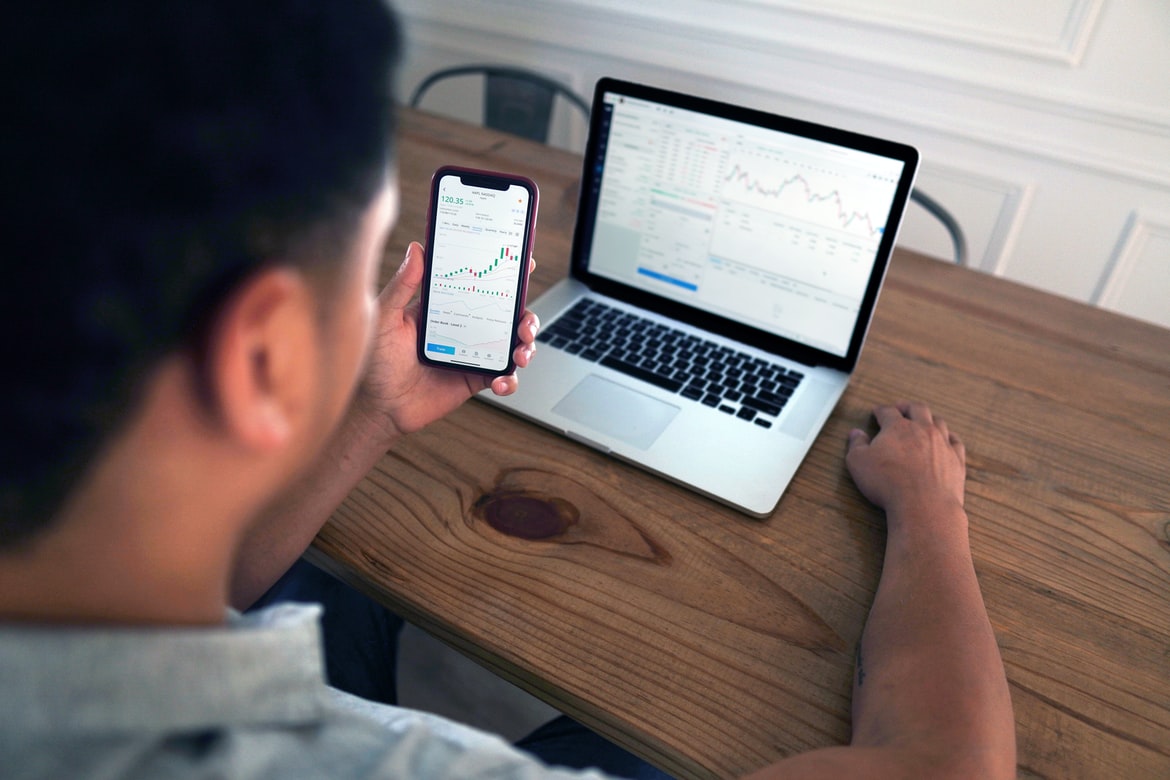Money management is the one skill set that will have the greatest impact on a trader’s overall success and longevity. No matter how technically adept a trader may be, bad money management can lead to a variety of unforced errors, which can result in account blow-ups in a matter of minutes. Risk and leverage management are two important aspects of money management.
The part where there is the most leverage is where the most danger exists. Even if a trader has an 80% success rate, bad money management on the remaining 20% might result in the account being completely wiped out. A trader with a 60% success rate, on the other hand, can still be very profitable if he or she has excellent money management abilities.

Proper money management is a never-ending work in progress that is defined by a combination of factors including experience, discipline, prudence, planning, and emotional control. Here are seven money management recommendations for day traders to keep in mind.
Tip 1: Establish a maximum dollar stop-loss amount

The administration of this requires discipline. If at all possible, having the trading platform trigger the maximum daily stop is frequently the most efficient method of administration. Every day trader should be wary and aware that there is always that one lurking trade that has the potential to start off a chain of events that will cause him to lose all of his money.
Typically, an aberration or unusual stock move occurs, which causes the trader to be caught on the wrong side of the trade. If the trader refuses to accept the anomaly, it has the ability and will frequently do so gently at first, until swallowing him whole and trapping him.
If the trader maintains an 80 percent win/loss ratio, the maximum dollar amount should be between two and three times the average daily gains. If the accuracy rate decreases, it is expected that the maximum loss will decrease as well. The accuracy rate is given particular consideration in this type of ratio. This is very useful for scalpers who need to be precise.
Tip 2: Look for trades with a favourable risk-to-reward ratio

To choose whether or not to proceed with a trade setup, calculate the potential profit in relation to the stop-loss on the trade. Typically, this is the risk/reward ratio, in which the possibility of a loss is weighed against the possibility of a profit. The popular wisdom holds that there should always be at LEAST a two-to-one benefit to risk ratio (ideally, closer to 3:1 or higher).
However, there is another aspect that has a significant impact on the ratio, and it is possibly the most important. That is the nature of probability.
What is the likelihood that the reward will be realised before the stop-loss is realised? If the upside is equal to the stop-loss, but the probability of hitting the upside first is greater than 80 percent, then the trade may be valid for a precise scalper who maintains discipline in his or her trading.
Can you, on the other hand, take a stop-loss if you don’t have the discipline to take the lower profit? This is where a trader can get himself into trouble. The most effective strategy to increase probability is to lower the profit target while simultaneously screening out stronger pattern set-ups.
Tip 3: Don’t Average Down

In trading, there is a distinction between scaling into a position that was pre-meditated and averaging down on a loss that wasn’t anticipated in advance. This advice is applicable for the second case. Every trader should be aware of the differences between the two types of trading.
The practise of average down from a position of weakness without a strategy is a proven method to blow out a client’s account. In these types of situations, a trader averages down out of desperation and a desire to succeed. The situation has two facets.
The fact that the deal works out and the trader walks away with a profit, first and foremost, establishes a hazardous precedent that when in danger, a trader should just double down on his bet. This is a road that will eventually lead to ruin. Second, if the deal does not come back, it can result in enormous losses and, in some cases, forced liquidation of the account. In most circumstances, traders should consider implementing a stop-loss rather than averaging down their positions first.
Tip 4: Take Regular Breaks

Mental endurance is necessary for traders in order to maintain flexibility and the capacity to make smart decisions and reactions in a timely manner. It is a good idea to segment the trading throughout the day and take regular pauses away from the computer screen in order to keep fresh.
When you sit in front of a computer screen all day, every day, your mind is still working and being impacted. The physical can be used to support the psychological approach to trading.
This means that you should physically disconnect from the connection by getting up from your chair and walking away for a substantial period of time ranging from 10 minutes to many hours. Only in this manner can the mental fuel gauge be refilled.
Tip 5: Stay away from high-risk trades
Higher-risk investments, like as purchasing significantly larger stock positions or hitting a “Hail Mary” home run swing, might be enticing, especially when the market is down. Typically, these types of deals are entered into out of desperation to recoup significant losses, and they end up being disastrous for the trader.
When it comes to high-risk trades, the market has an incredible tendency to come out on top. This is due to the fact that the market recognises that these deals are motivated by emotions and desperation. Fighting back and going heavier when one has suffered a setback is human nature, not the other way around.
The ability to recognise and avoid high-risk transaction scenarios will be greatly enhanced by understanding this notion. When a trader experiences a string of losing deals, the prudent course of action is to reduce the number of shares held and/or to exit the market if the maximum daily dollar loss thresholds are reached. Keep in mind that it just takes one bad over leveraged deal to cause an account to go into the red.
Tip 6: Stay inside your niche
A trading style (strategies, types of stocks and plays) is something that every trader develops over time and becomes more at ease with. The problem is figuring out what they are without becoming broke in the process. Your specialty is made up of the mix of the aforementioned characteristics and characteristics.
Once you’ve discovered your specialty, stick with it and don’t wander too far from it. Once you’ve determined your niche, it’s best to continue with it until it no longer qualifies as a niche any longer. Eventually, the lack of transparency is revealed, thus closing the window of opportunity for profiting.
Consequently, once a niche has been identified, it is ideal to capitalise on that niche until it gets saturated or too transparent, which frequently occurs simultaneously.
Tip 7: Stay away from vengeance trading
It is generally agreed upon that making a profit and then losing it is more detrimental to one’s financial well-being than never making a profit at all. What is the reason for this? It’s all about the ego. In our collective psyche, we are driven by a need to be right. The issue isn’t whether or not you’re a braggart or a superficial person.
According to Festinger’s Cognitive Dissonance hypothesis, the brain is constantly seeking simplicity and the decrease of stress and tension. When a trigger feels the desire to ‘put things right,’ this can subconsciously push him or her to try to make up for lost time and lose their sense of reasoning and objectivity in the process.
The term “vengeance” refers to the act of enacting revenge in order to ‘even out’ or restore balance to a situation. It’s an inherent fault that the market is hoping to take advantage of. Vengeance trading is a dangerous practise, and traders must be aware of when it enters their trading environment and take action quickly. Trading for vengeance sets a dangerous precedent that can be detrimental to your account’s long-term viability.
